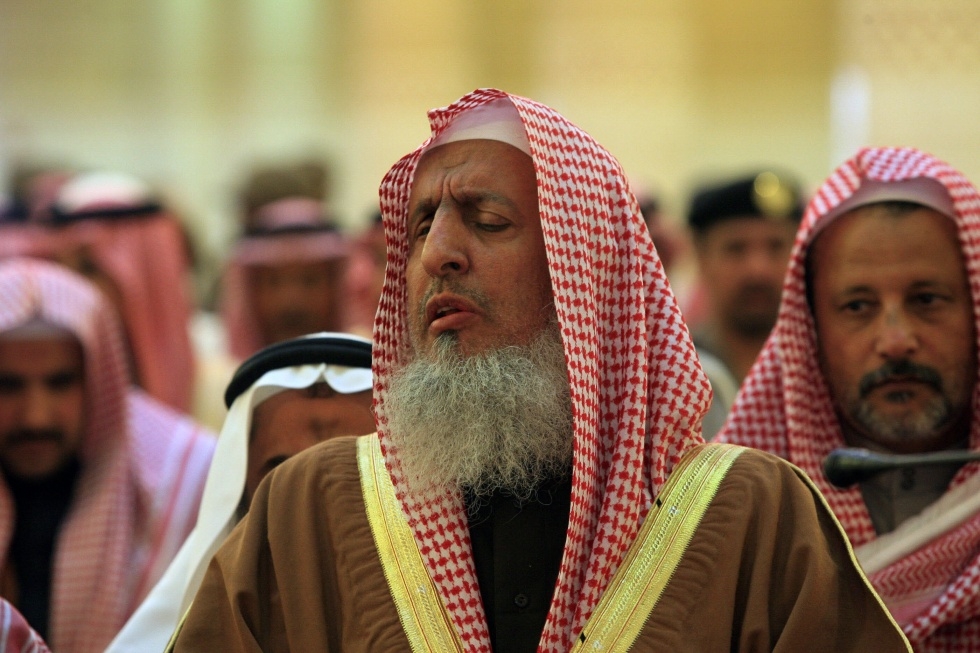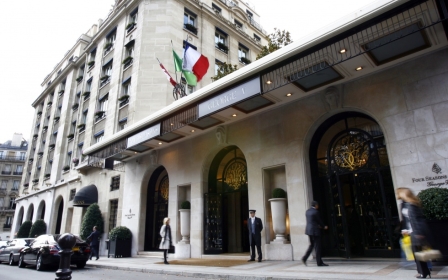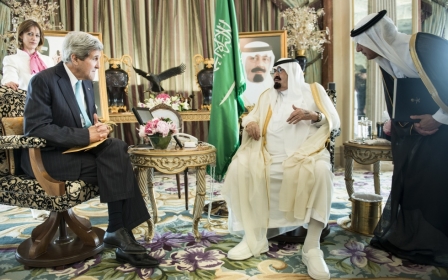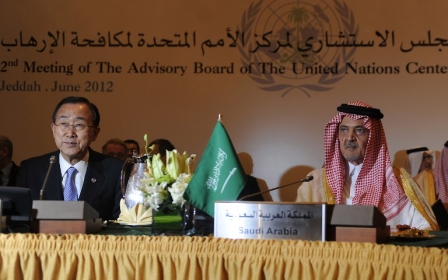Saudi top cleric blasts al-Qaeda, IS as Islam's number one enemy

He cited extremists from the Islamic State, which has declared a "caliphate" straddling large parts of Iraq and Syria, and the global al-Qaeda terror network.
"Muslims are the main victims of this extremism, as shown by crimes committed by the so-called Islamic State, al-Qaeda and groups linked to them," the mufti said, quoting a verse in the Koran urging the "killing" of people who do deeds harmful to Islam.
His stance reflects the Saudi clerical community's hostility towards IS extremists, known for their brutality.
The largely Sunni kingdom of Saudi Arabia favours an austere form of Islam. The two holiest places of Islam, Mecca and Medina, are both in Saudi Arabia.
IS extremists, already well established in Syria, launched an offensive in Iraq on 9 June and rapidly seized control of vast swathes of Sunni territory there.
"In the circumstances the Islamic nation is living through, several countries have been destabilised" by extremists, who "divide Muslims" in the name of religion, the mufti said.
He warned: "In Islam, after heresy, dividing Muslims is the greatest crime."
The mufti urged "tolerance, which was at the origin of Islam's growth and longevity".
King Abdullah vowed on 29 June: "We will not allow a handful of terrorists, using Islam for personal aims, to terrify Muslims or undermine our country and its inhabitants".
Middle East Eye propose une couverture et une analyse indépendantes et incomparables du Moyen-Orient, de l’Afrique du Nord et d’autres régions du monde. Pour en savoir plus sur la reprise de ce contenu et les frais qui s’appliquent, veuillez remplir ce formulaire [en anglais]. Pour en savoir plus sur MEE, cliquez ici [en anglais].




